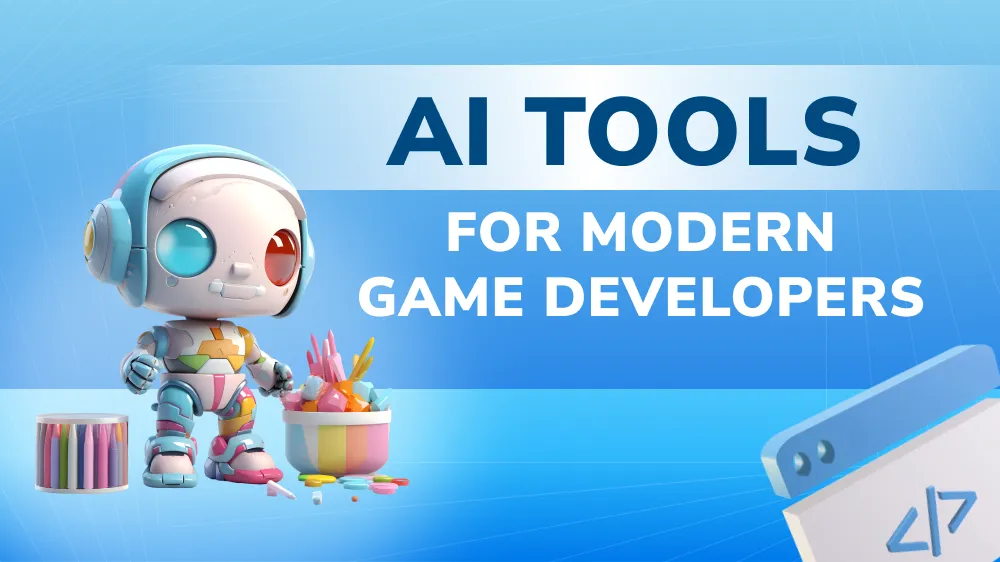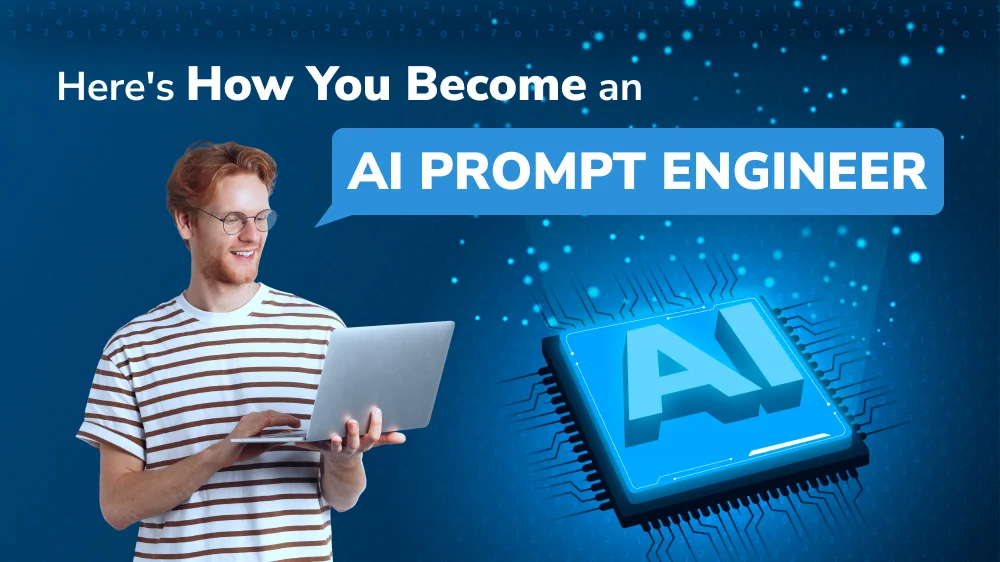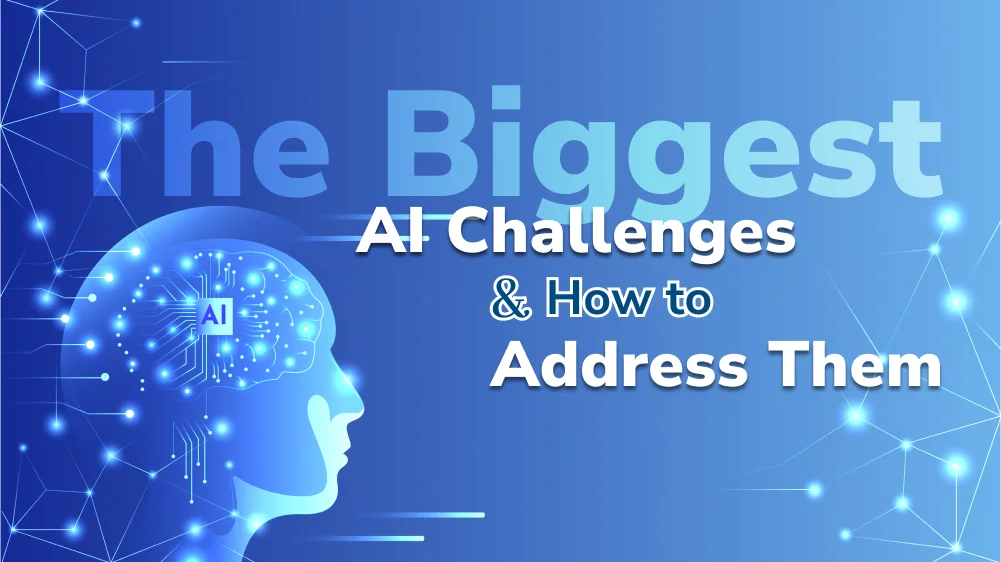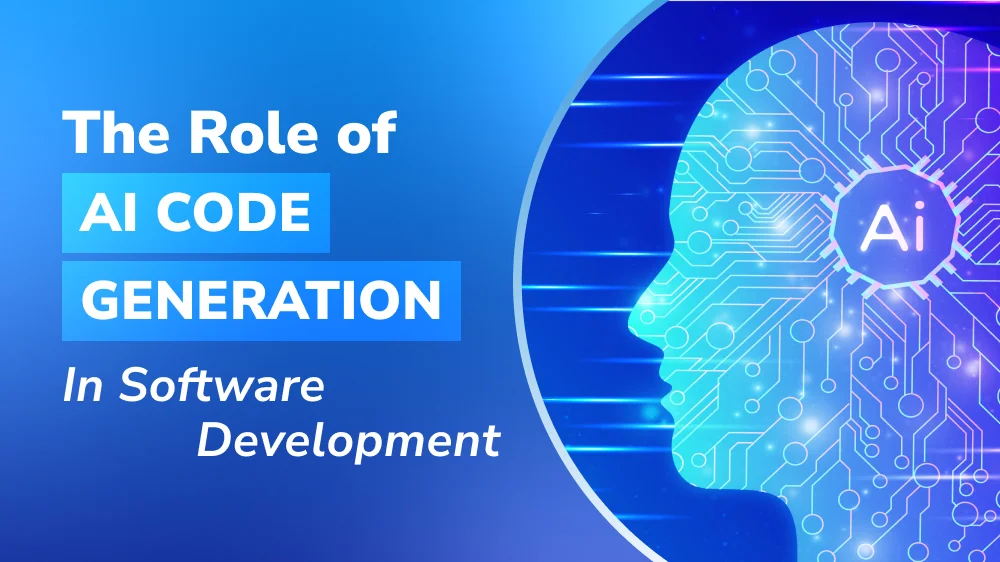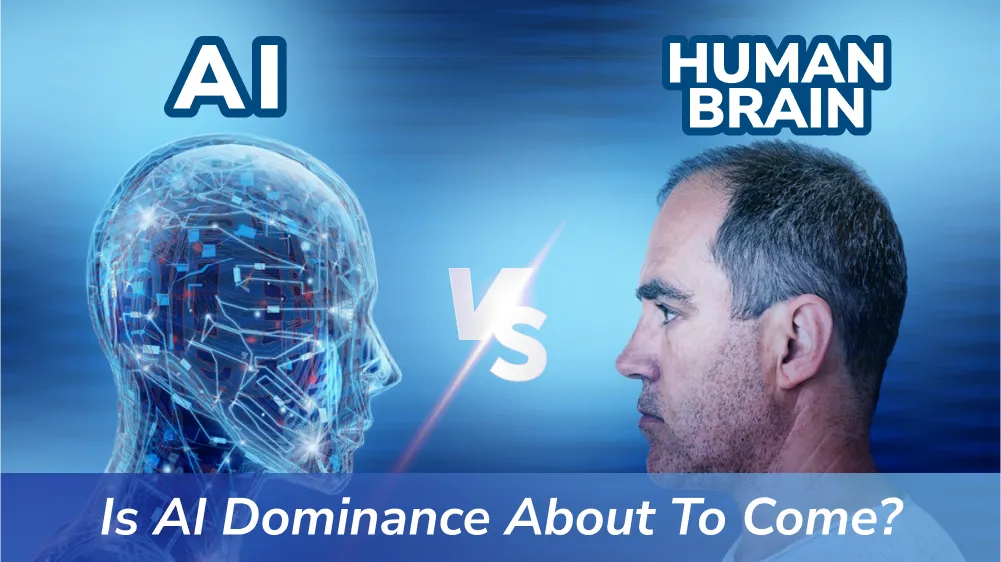
Artificial Intelligence in Education: Its Role & How It Is Applied

Content Map
More chaptersThe unstoppable advancement of technologies has been changing human beings for good in almost every aspect of 21st-century life. For example, the birth and growth of the Internet of Things (IoT) have changed how people use electronic devices in a smarter and more convenient manner. The rise of big data analytics has given people the ability to process and draw insights from large data sets like never before. And guess what, technological advancements do not often stop at impacting one specific industry or sector only but benefit many others as well. Consider the case of artificial intelligence (AI), which has been around for a few decades now but is only recently starting to be noticed. The reason is far too obvious as AI technologies are becoming more and more sophisticated over time, provisioning users with a wide range of capabilities. Additionally, as digital transformation has been expediting its pace in every single industry, so have the applications of AI in the education sector.
AI is brought into the education system with the vision to fully leverage the advantages of such technology to optimize the student learning process and innovate the education system in the era of technological evolution. AI in education involves three main areas: Teaching and learning with artificial intelligence, teaching and learning about AI and preparing for AI.
However, in this article, we are about to delve into how AI is applied to assist in helping students and teachers alike in the education sector.
Since When Did People Start Applying Artificial Intelligence in Education?
Perhaps, most opinions will have consented to the idea that artificial intelligence only started booming in the education sector recently when the technology advances as global trends and the promising future of the IT industry in a number of years in the future. Unfortunately, if you do think so, too, then we are all wrong since AI technologies have been applied in education long before. Back in the 1970s, when the field of artificial intelligence and education was first established, the earliest intelligent tutoring systems were invented to support students in exploring the geographical features of South America. This set the inception of AI’s venture into the world of education.
Today, artificial intelligence utilized as advanced learning technology is no longer something rare that wows people. On the contrary, its popularity is accelerating at speed along with the growth of the technology itself. According to Markets and Markets, the global educational artificial intelligence market is projected to hit 3.68 billion USD by 2023, and at a compound annual growth rate (CAGR) of 47% during the period of 2018 till 2023.
All the Ways AI Tools Are Applied in Education
Artificial intelligence is a broad term umbrellaing a number of technologies, such as deep learning, machine learning, natural language processing (NLP), predictive analytics, computer vision, and so on. Thanks to that, there exist a lot of ways AI can be employed in education, benefiting both teachers and students. Is it still a bit hard to imagine how AI is applied to educational programs? Then, here are some of the most common ways AI technology is put into practice for teaching and learning:
Repetitive & Administrative Task Automation
The professional development of AI tools opens more opportunities for us to achieve high-quality education with less human intervention and effort. Automating administrative tasks is one of the most significant yet commonly seen applications of AI in education. At school, teachers do not only teach. By this, we mean there is a large number of mundane and low-value tasks related to school and class operation, such as maintaining records of attendance, checking assignments, grading tests, class schedules, doing reports, and other kinds of paperwork, which influence their working efficiency and productivity to a great extent. Let’s imagine how great it would be if all these were taken care of by smart AI systems, leaving teachers with more time and energy to focus on teaching and preparing lessons. Sounds too good to be true, right? But it is viable. AI-enabled solutions are applied to assist teachers in automating repetitive and time-consuming tasks to the fullest. Accordingly, they can focus on what they do best.
For example, AI-powered chatbots can be used to take care of the first line of communication between students and teachers as digital assistants or some kinds of AI tutors. The machine will answer general questions and provide directions so that human resources can be optimized for more complicated tasks. Also, some AI software is designed to automate the grading process by providing assessments and giving scores for student submissions, including essays, projects, graduate school applications, and so on. This is done by analyzing the content and comparing it with a huge training data set that the machine has been fed with. In this way, grading can be done more objectively and accurately.
Personalized Learning
Before artificial intelligence in education, the traditional education system was only able to focus on a group of students as a whole, paying little or even no attention to specific individuals. This is not an optimal methodology since each and every student has different abilities, interests, and pace of learning. By putting them all in the same learning environment and following the same teaching pace, many of them might struggle to keep up with the class, which leads to discouragement and a high drop-out rate. The idea of customizing and individualizing curriculum and teaching methods for each student’s needs is merely a dream only until AI.
With AI technology, learning experiences can be tailored to each student’s specific needs and preferences so that students learn and grow to their full potential at their own pace. This is achieved by employing different AI-powered technologies, such as predictive analytics and machine learning algorithms, to collect data on students’ learning progress, interests, and preferences and to use that data to generate targeted content and exercises. In addition, AI can be used to monitor student performance in real-time so that teachers can make necessary adjustments to the teaching methods and curriculum.
Global Access to High-quality Education
The embracement of artificial intelligence in education has erased the barrier of time, geographical distance, and even different languages, enabling education to accelerate across borders and granting access to the universal learning environment which both educators and students benefit from. With the aid of artificial intelligence, people who live in remote areas or have difficulty attending traditional schools for different reasons can still get access to high-quality education. Thanks to e-learning, online courses, and web-based study environments, people can learn from anywhere on earth, and students can proactively approach knowledge as they desire better than waiting for schools and educators. The language barrier is no big deal anymore since AI technology can be used to translate content into different languages and provide real-time interpretation services.
Considered Coursera as a typical example, this is one of the largest well-known e-learning and coaching platforms in the world, using AI to deliver its courses and provide targeted recommendations to students. English learning courses by Coursera are developed and empowered by cutting-edge AI technologies, such as speech recognition and machine translation, to provide immediate feedback and improve students’ English proficiency. In some facets, it is reasonable to say AI-driven educational technologies are lifting the burden off educators’ shoulders by facilitating online and self-learning.
Support Outside Classrooms
In addition to being used in the classroom, AI can also be employed to support students’ learning experiences outside of school. For example, many educational apps and websites make use of AI-powered chatbots to provide 24/7 assistance for students who are in need of support with their homework or simply have questions about the material they are studying. Also, AI can be used to generate targeted content recommendations based on students’ interests and preferences, helping them find the resources they need more easily.
Not only for students, but AI helps teachers to get better in their jobs rather than relying on residual knowledge and experiences. They can leverage the power of AI tools to learn about the latest teaching methods, get recommendations for resources and strategies tailored to their student’s needs, and receive real-time feedback on their performance, eventually upgrading their abilities to the next level.
Is There Any Chance That AI Technologies Will Be Able to Replace Teachers?
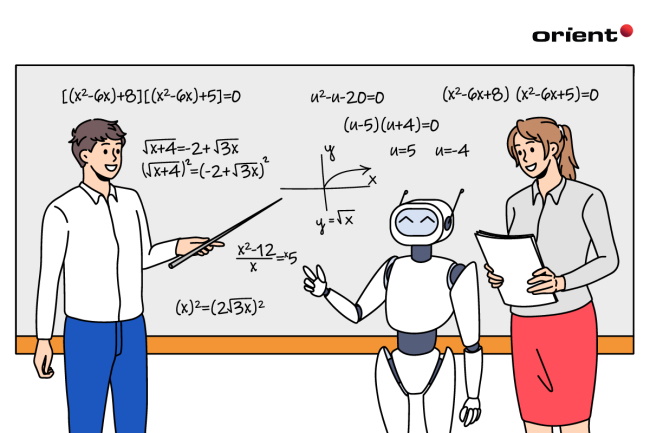
Good question! We have been watching countless sci-fi movies referring to the rise of AI and robots ruling the world in the future. Noticing the presence and roles of robots in our daily life, we have at least a basis to believe that artificial intelligence and robots may dominate mankind someday. A typical example is a hypothetical that AI-coding engines may replace developers. However, until now, all of those speculations are not possible, or at least not any time soon.
A lot of controversial discussions have been made on this topic, as well as the term “Ethical AI” because a great number of people do worry about the overrated roles of AI now and in the future. Otherwise, others think that AI is basically a tool, and it can be bad or good based on how humans decide to use it. After all, nobody can say anything for sure. What we can be sure about is the rising need for AI-driven solutions in various fields, and as long as AI is proven beneficial, then there is no doubt that its application in any field will expand even further. Back to education, a majority of educational experts still believe that the role of educators and human interactions in classroom instruction is irreplaceable. Therefore, AI systems will be serving as technical support to teachers and learners more than some sorts of replacements.
In brief, the act of AI adoption in education does not mean that the traditional educational methodologies are already obsolete or AI will be able to replace humans any time soon, but it does mean that learning sciences can be streamlined and enhanced for higher education level with the power of AI.

